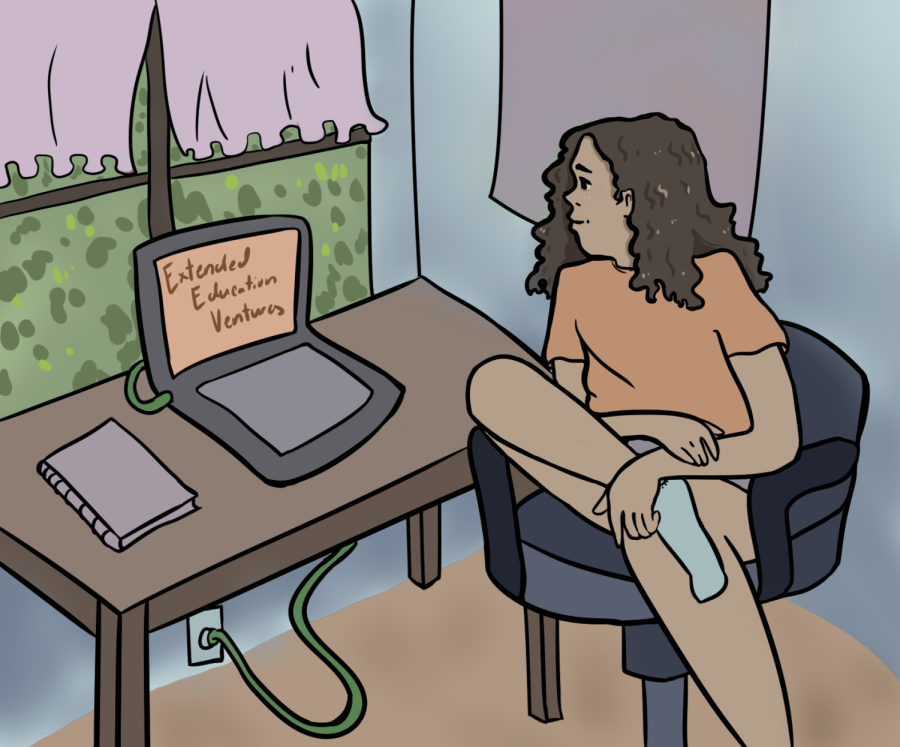City partners with UT-Austin to offer classes for small business owners, entrepreneurs
June 16, 2022
The Austin City Council authorized an $82,500 initiative with UT on June 9 to launch 11 online classes for small business owners.
The agreement allows the city to offer the courses for 36 months. The courses, offered through UT’s Extended Education Ventures program, are self-paced and teach students how to write a business plan, market on social media, keep records, manage their accounts and understand business taxes. Three-hour classes will cost $25, while six-hour classes will cost $45 and can be found on the Small Business Division website.
Similar classes offered by the city were taught primarily in person before the pandemic, but this will be the first time the classes will be online and on demand, said Veronica Samo, senior public information specialist with the Economic Development Department.
“The city provides resources to empower entrepreneurs, small businesses and their employees to foster business growth and promote job creation in Austin,” Samo said in an email.
Liliya Spinazzola, director of professional education and strategic initiatives with UT’s EEV, said the business classes will not only provide foundational skills for someone starting a business, but can refresh existing business owners’ knowledge.
“Right now the workforce is ever changing, and you need to constantly update your skills and maybe start a new career or start a small business in Texas,” Spinazzola said. “We are providing those educational opportunities for everyone who is interested and willing to learn.”
Samo said these classes help small business owners and entrepreneurs grow the local economy.
Austin resident Derrick Valenti is in the process of starting his own interior design business and said he took the classes provided by the city last year to avoid learning things on his own through “trial and error.”
Valenti said he was supposed to take his classes in person, but the classes switched to Zoom because local COVID-19 rates were high. He said he feels as though he got an education others “paid thousands of dollars for.”
“They went into the nitty-gritty of trying to figure out your price and how to (compare that) with the market and the competition and all kinds of things,” Valenti said. “It was a really in-depth and well-structured program.”



